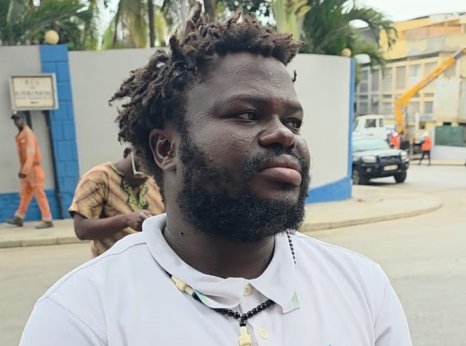Angola: Activist Shot And Held In Arbitrary Detention

Civil society groups in Angola called for nationwide protests, beginning on 12 July 2025, in response to the government’s decision to raise fuel price. These protests reflected widespread frustration over the rising cost of living and the growing economic pressures faced by people in Angola. On the first day of the protests, police cracked down on protesters – using unnecessary and excessive force- and arrested at least 12 people in Luanda.
On 19 July, activist Osvaldo Kaholol, 36, was arrested hours before another planned protest in Luanda, accused of inciting violence for allegedly participating in a livestream mobilizing people to protest. He was initially held for over 24 hours without access to his lawyer or family. His relatives later reported that he was transferred to Calomboloca Prison without any formal notification to his family or legal representatives. The family was only informed five days after the transfer. For eight consecutive days, Osvaldo was forced to wear the same clothes. He has been on hunger strike since 22 July, in protest against the authorities’ refusal to allow his family to deliver food.
Following this wave of mobilization, the Angola National Taxi Association (ANATA) called for a three-day strike starting on 28 July, also in protest against the fuel price hike. The increase led to a 50% rise in minibus taxi fares, severely impacting daily commuters who rely on this form of public transport. Violent clashes with police, acts of vandalism and looting in different parts of Luanda were reported. On 31 July, the Minister of Interior, Manuel Homem, reported the arrest of 1,214 people, 29 deaths and over 200 injured in 3 days of the strike.
Despite the scale of the protest, the Angolan government has not publicly responded to calls from civil society and opposition parties for a dialogue or review of the fuel pricing policy. This is not the first time change in fuel prices has triggered deadly protests in Angola. Amnesty International’s latest report on Angola documented that what was known as the ‘Huambo protests’ on 5 June, led to five people being killed, including a 12-year old boy who was on his way home from school.